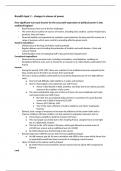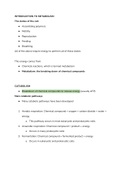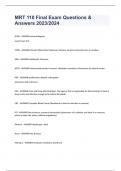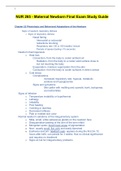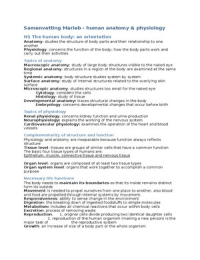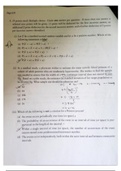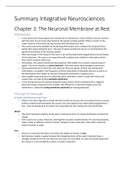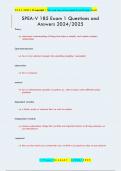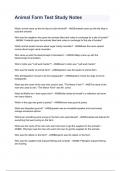Summary
Summary Changes in the sinews of power , England
- Institution
- PEARSON (PEARSON)
This document provides a full summary of the chapter of Changes in the sinews of power . This is the breadth topic in Lancastrians and Yorkists option 30 Edexcel A level history. I used these notes in my mocks to get an A* predicted and have a place at Oxford for history
[Show more]
